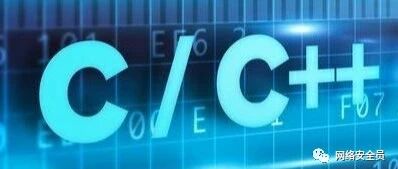Summary of Common Linux Hooking Techniques
01Hook FunctionsHook functions are predefined hooks in a program that allow you to attach or register a hook function when needed, making it available for the target.If there are no hooks, you can also obtain function pointers to encapsulate functions, but this can only be attached before or after the function runs, not during its … Read more









